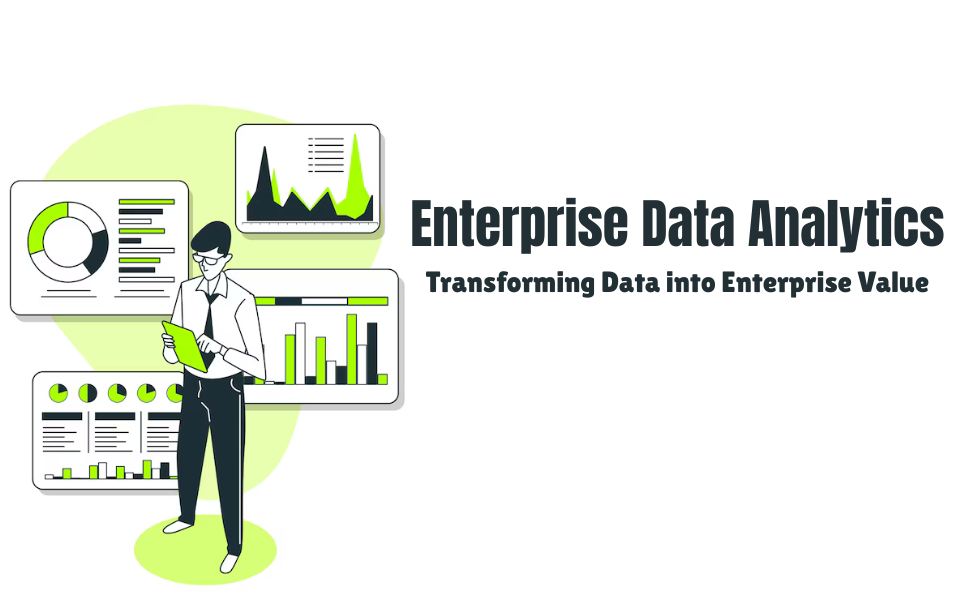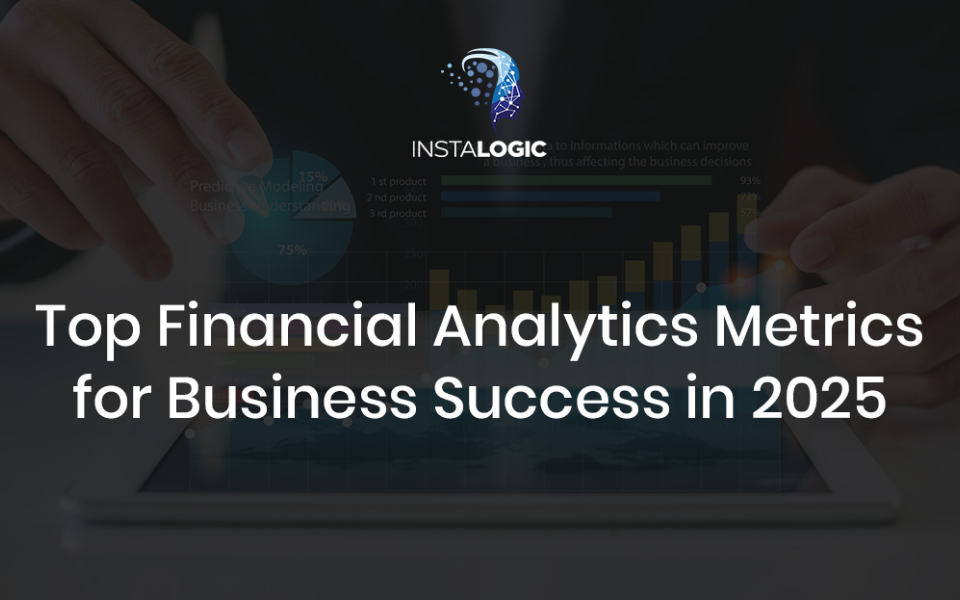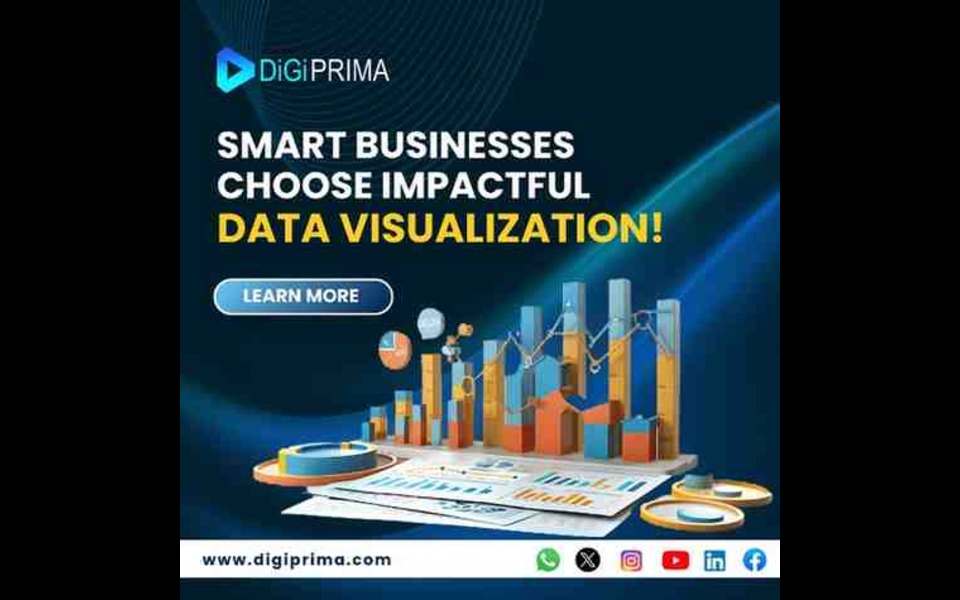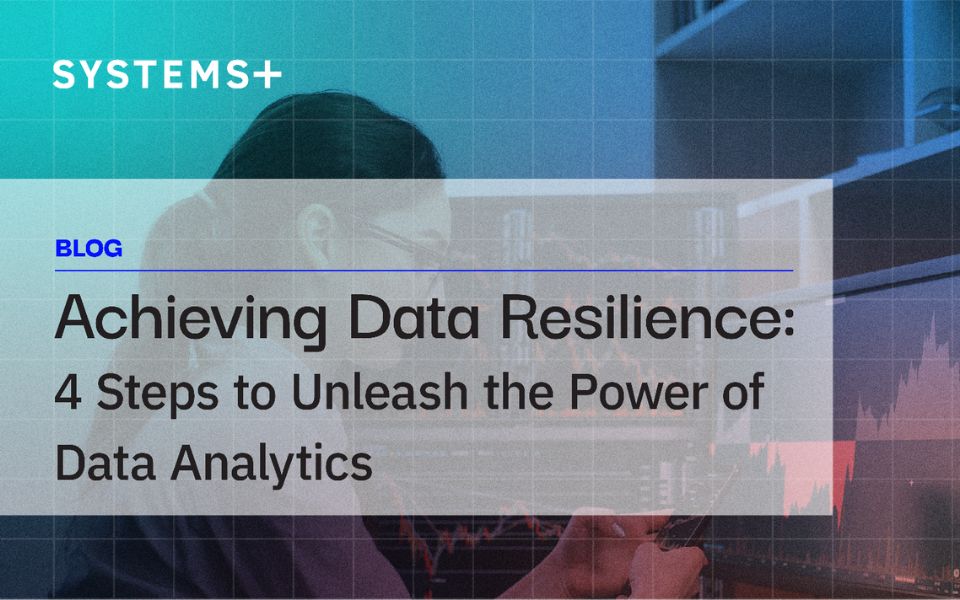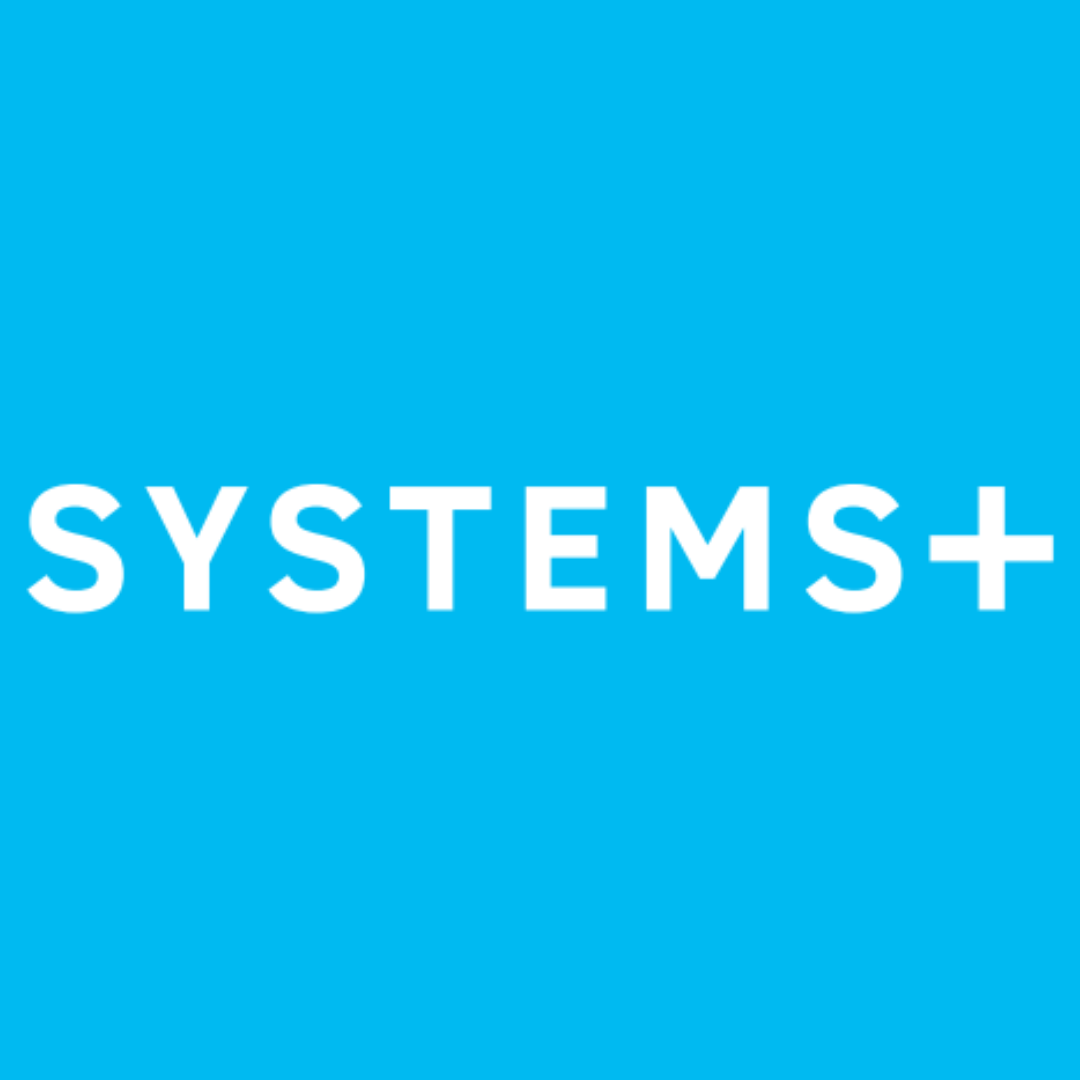Authored by: Mukund Palani, VP of Data & Analytics Practice
Realizing the potential within business intelligence plays a crucial role in enhancing operational, tactical, and strategic decision-making. A highly effective route involves embracing strategies centered on digital-first approaches, making investments in technology, and cultivating a culture that revolves around choices driven by data.
Gathering data solely from customers falls short in today's ever-changing landscape. Given the plethora of data sources available, making efficient use of this wealth of information becomes paramount for decision-making that is well-informed.
Traditionally, the responsibility for generating insights was vested in data experts, scientists, and analysts. However, an increasing acknowledgment of the importance of democratizing data is emerging, ensuring that valuable information is accessible to business decision-makers. Organizations leading the charge in promoting wider data literacy and utilization consistently achieve superior business outcomes.
Moreover, with the global mindset shifting from competition to collaboration, the emergence of data democratization becomes the crucial element tying everything together to deliver actionable insights. Collaborative endeavors among various user personas engaged in data consumption become imperative for organizational success.
To thrive in this landscape heavily centered around data, companies must cultivate a culture of inclusivity. This involves enabling individuals from diverse roles, including marketing, finance, sales, and operations, to effectively harness the potential of data.

The substantial impact of data democratization is evident to many organizations, with 81% actively pursuing it as a key initiative to enhance their capabilities in data-driven decision-making (source: Data Democratization Report). Research suggests that those with heightened data intelligence experience a 40% improvement in financial results and a 20% increase in operational efficiency.
Within this blog, we delve into the advantages of decentralizing data within organizations. This powers well-informed decisions across different levels and drives a shift towards a future firmly grounded in data. Learn how this approach can be harnessed to create a decision-making process that is more dependable, responsive, and agile.
Organizations across industries are now acknowledging the potential of data democratization, with a notable 81% actively pursuing it as a pivotal initiative to enhance their data-driven capabilities (source: Data Democratization Report). Studies reveal that organizations with heightened data intelligence witness a remarkable 40% improvement in financial results, coupled with a reported 20% enhancement in operational performance.
This approach also empowers organizations to:
- Recognize crucial business data for regulatory compliance.
- Streamline decision-making amidst growing data volumes.
- Liberate data teams to focus on advanced, value-driven tasks instead of addressing queue tickets.
- Transform data into a true competitive advantage for the entire organization.
Transferring the responsibility of data exploration and analysis from analysts alone to a broader audience is a pivotal aspect of data democratization. This shift enables analysts to focus on more intricate analyses and predictive modeling, fostering insights that drive innovation.
The Role of Data Management in Supporting Data Democratization
To successfully implement data democratization, organizations must thoroughly examine and refine their data management practices handling diverse, distributed, and dynamic data. Even the most sophisticated analytics tools fall short without the right data management practices, especially in heavily regulated industries such as BFSI and healthcare.
Take the BFSI sector, for instance, where data originates from various sources like payments, purchases, deposits, claims, and mortgage applications. To make effective decisions, this data needs to be available in the right format, at the right time, with the pertinent information for business users to make decisions, ensure compliance, foster innovation, or meet other critical business needs.
To achieve this, organizations should:
1. Enhance the current data infrastructure to guarantee precise data ingestion, covering both structured and unstructured data, historical records, and real-time data.
2. Verify the proper staging, transformation, and secure storage of the data.
3. Deliver comprehensive analytics and insights.
4. Integrate end-to-end data management capabilities that link the relevant data points across various technologies and processes, overseeing the data flow throughout the entire enterprise and advancing the journey towards genuine data democratization.
Comprehensive data management capabilities link pertinent data points across various technologies and processes, effectively overseeing the data flow throughout the enterprise and advancing the realization of true data democratization.
Focus Areas for Democratizing Data
The emphasis on end-to-end data management guarantees that data visibility and quality remain uncompromised as data progresses through different stages. The data should deliver actionable insights to users in near real-time, regardless of pipeline modifications, changes in ingestion, incorporation of new data feeds, or alterations in analytics reports and metrics integration. Key areas of attention when democratizing data include:
- Ensuring extraction and integration of structured and unstructured data, encompassing on-premise historical databases, APIs, streaming data from IoT devices, SaaS apps, media, and enterprise systems. This is crucial for accurate workflow mapping.
- Establishing a robust Unified Data Ingestion Framework to facilitate the movement of data from relational and unstructured sources to big data platforms like Hadoop and NoSQL. This framework should offer a proven pathway for optimizing data migration, storage, structure, security, and performance analytics for both on-premise databases and cloud data stores.
- Utilizing advanced expertise in staging methods and tools to transform data from data lakes, eliminating duplicates and data silos while securing and aggregating data in the staging phase.
- Creating appropriate staging zones for data from on-premise and on-cloud systems, utilizing tools and accelerators to enhance the efficiency of ETL workflows.
- Developing accurate data warehousing capacities for robust analysis and reporting. Integrating databases into data warehouses is essential for driving elevated and actionable insights, particularly in industries like banking and finance that deal with heavy operational data.
- Contextualizing organization-wide data across key business systems, devices, people, and processes with customized, operation-specific data visualization through intuitive dashboards, attractive graphs, and charts.
In Conclusion
Data democratization eliminates barriers hindering organizational utilization of data assets to their fullest. It is a game-changer, ensuring no gatekeepers create bottlenecks at data gateways. It allows anyone to access and utilize data for decision-making without impediments. For example, Airbnb's in-house self-service data discovery platform, Dataportal, enables employees to perform unified searches and explore content and data throughout the organization.
Implementing solutions that drive data insights at every stage of the data pipeline, from source to implementation and beyond, ensures data aligns synergistically with organizational goals. This, in turn, contributes to increased profit margins and the discovery of new sources of innovation and growth.
About Author:
Mukund Palani is the Vice President of Data & Analytics practice at Xoriant. He brings with him a spectacular track record of over 28 years in the Data and Analytics space, with an extensive working experience in Data Management practices using Cloud and legacy tools. Mukund is passionate about solving customer challenges through the unique blend of data and technology and has been a Data and Analytics leader with an extensive experience in working with global strategic accounts and engagements from North America, the EU, South Asia, UK, Ireland, and APAC regions.







